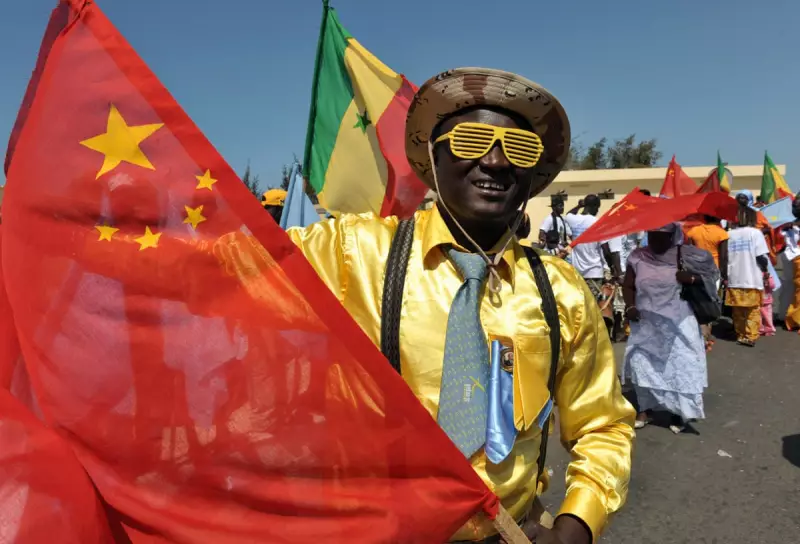
China's meteoric rise to global superpower status is being forged not in its own factories, but in the remote mines of Africa and the ports of the Caribbean. A new investigation peels back the layers of Beijing's ambitious global strategy, revealing a complex web of economic ambition that promises development but often delivers dependency.
The Allure of the Belt and Road
On the surface, the proposition seems irresistible for developing nations. China arrives with seemingly bottomless pockets, offering to build the infrastructure that Western nations never delivered: gleaming highways, modern ports, and power plants that promise to kickstart economies. This is the public face of the Belt and Road Initiative (BRI), Beijing's flagship foreign policy project.
However, a closer examination uncovers a more troubling pattern. These seemingly generous loans often come with stringent conditions, locking nations into long-term relationships that heavily favour Chinese interests.
A Debt-Fuelled Strategy
The mechanism is deceptively simple. Countries are loaned vast sums for projects almost exclusively built by Chinese companies using Chinese labour. When the debt burden becomes unsustainable—as it has in Zambia and Sri Lanka—Beijing can demand significant strategic concessions.
These can include:
- Equity in strategic national assets: Control over ports, mines, and telecommunications networks.
- Political influence: Swinging votes in international bodies like the UN in China's favour.
- Resource extraction rights: Long-term, favourable access to precious minerals and fossil fuels.
The Caribbean: A Strategic Backyard
While Africa's mineral wealth is a clear target, China's courtship of Caribbean nations reveals its broader geopolitical ambitions. By building influence just off the coast of the United States, Beijing gains diplomatic leverage and a network of friendly states in America's traditional sphere of influence.
This 'soft power' play is complemented by hard economic facts. Many of these island nations, burdened by debt and often neglected by traditional partners, find China's offers too good to refuse, despite the potential long-term consequences for their sovereignty.
Is the Tide Beginning to Turn?
There are growing signs of pushback. A 'debt trap' narrative has taken hold, and some governments are becoming warier of Beijing's terms. The sheer scale of Chinese lending has also begun to slow, as the domestic economy faces its own challenges.
Yet, the infrastructure remains. The ports are still run, the mines are still operated, and the diplomatic alliances still hold. China has embedded itself deep into the economic and political fabric of dozens of countries, securing the resources and global sway it needs to cement its status as a 21st-century superpower. The full cost of this ambition, however, is yet to be fully realised.





